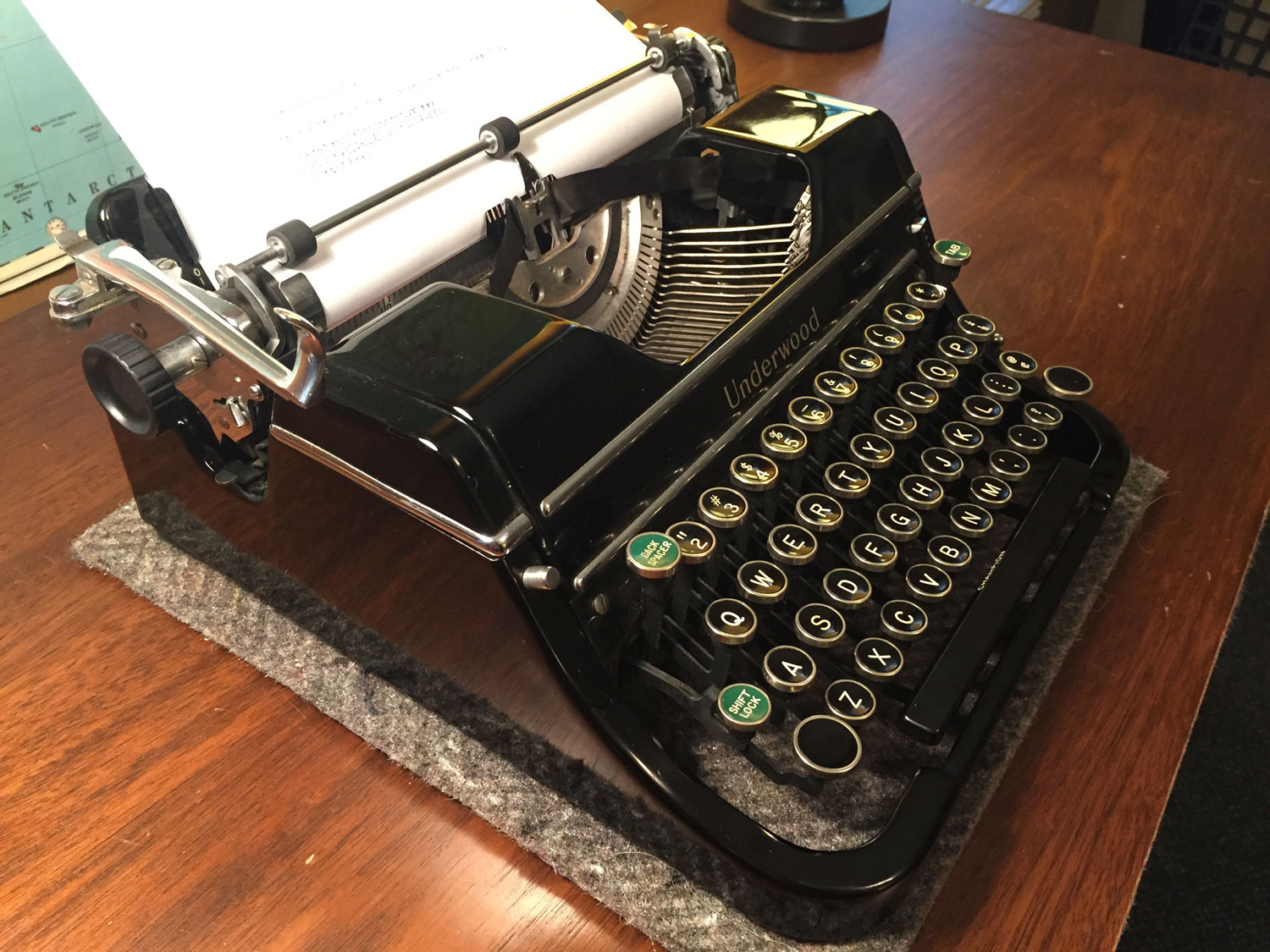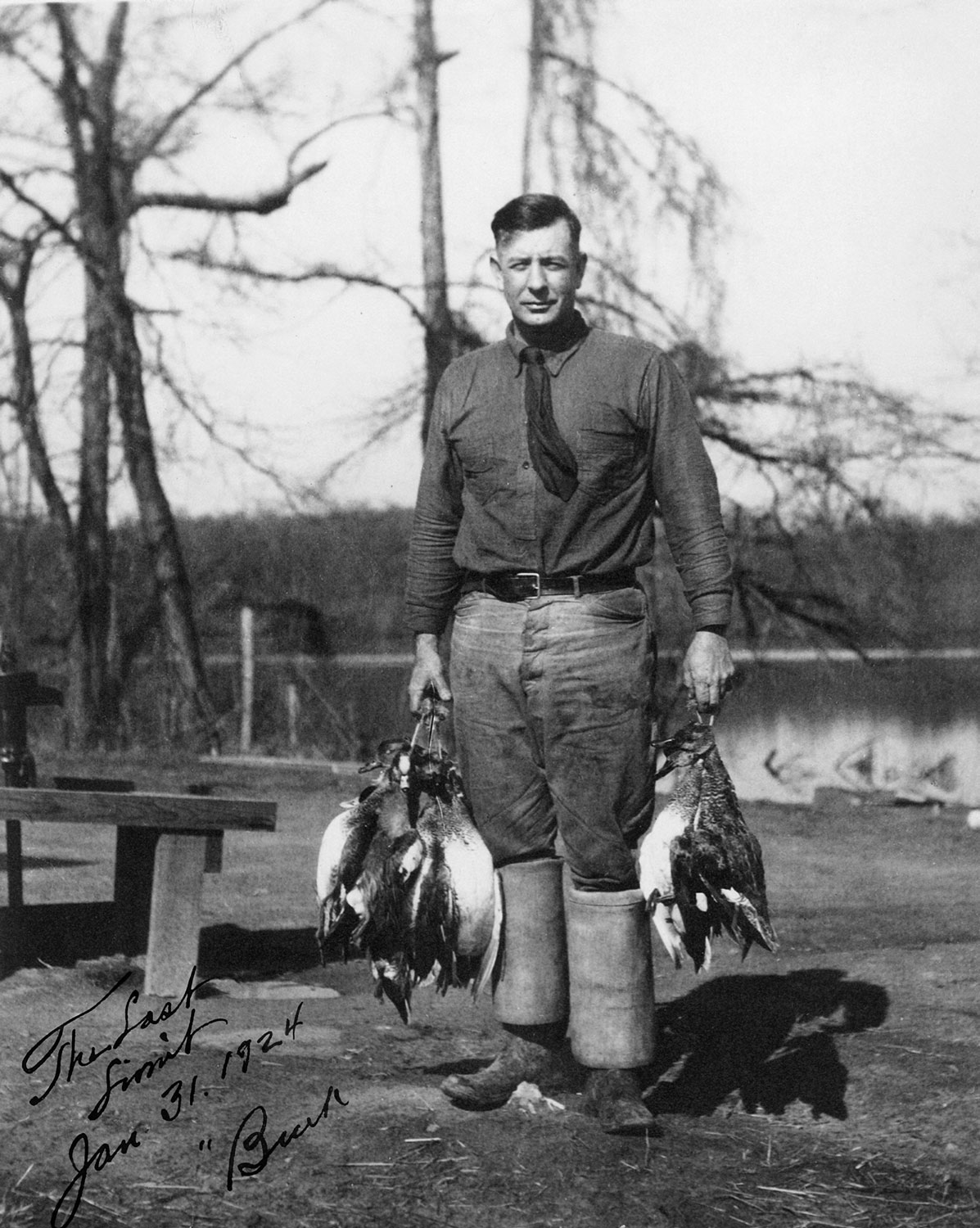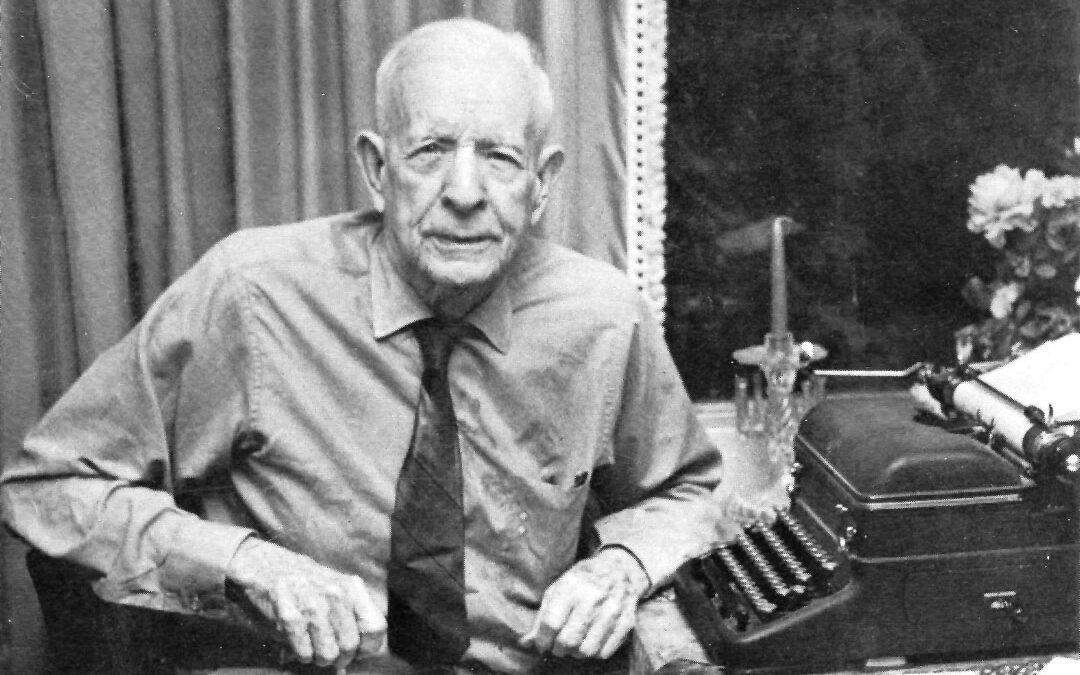Regrets are scratches on the furniture of our lives that can never be polished away. The scars of fate that shoved aside dreams, the wounds of choices ill-chosen, the lesions of opportunities lost or dreams abandoned. Some are shallow; some are deep. Some settle heavily upon the heart, others graft even more painfully to the soul.
Regrets are the memories we wish we could forget, but will never. The days and deeds we wish we might redo, but can never.
For almost always, time has sealed the tomb.
With the remains of their day—in whole or part, and gathered to many a shelf about my humble abode—lay the most heartfelt wishes of my lifetime. Small and large. Some gained, some lost…and perhaps most haunting of all…some dying in the borning of circumstance or calendar. Among them, never in peace and aside losses of flesh, rests the one in particular I mourn the most….
Embodied by a letter…dated September 6, 1969…from 198 S. McLean, Memphis, Tennessee. Set to print by faded ribbon and an ancient and well-worn typewriter…a typewriter that at the hands of its master, also scribed to page many of the thousands of words, that together, amass to my mind the most insightful, affecting, reverent and unsurpassed body of sporting tales ever written. For beneath its message, in closure, lies with the flair of 19th-century penmanship, the eminent signature of Nash Buckingham.

I met Nash Buckingham too late in his life as fortune would have it, though perhaps perfectly in mine. I was 20 years old, ablaze with youth and desire, casting afield for the best of the sporting life. In the realm of its holy word, I was happily exploring and absorbing with unquenchable zest, its apex: Ruark, Dinesen, Hemingway, Faulkner, Thoreau, Forester, Lytle, Davis, Capstick, Babcock, Rutledge, Spiller, Holland, Sheldon, Hill and Ford. The many others, all I could discover…greater and lesser.
Along the way, ever ascending through the spoor-and-scent credibility, inimitable and poignant station of his verse and prose, rose Nash Buckingham. In mood and character habiting the century of my grandest fascinations, his renderings accomplished intellect, insight—and sentiment—of a manner I found nowhere else. Nash told wonderfully not just sporting tales, but moreover, set them down amid the greater tapestry of life at large, where always they occur. Making them universally genuine. Not apart from life, but a part of life. In the doing, and at his best, as in “The Harp That Once…” “Play House” and “Thou and Thy Gun Bearer,” this burns brilliantly through, the “living” depictions, honesty and emotion insurmountably affecting. That is how words become literature.
As in field trialing, when at the completion of a championship stake—with several brilliant and deserving dogs vying for one grand honor—the separation becomes excruciating…when one supreme quality ultimately sways the decision…there it is. I was judging, and that was my decision. As you are free, of course, to form your own.
The late Art Carter, a founder of Sporting Classics whom I hold of considerable value, sagely observed to me once, early on—speaking of writing or image— “Make me want to be there.”
As to words, I modified that a bit over time, or at least tried to…to “Put me there.”
Nash Buckingham didn’t just cliply describe a thing, the folly of so many; through passionate detail, color and absorption, he put you in it. Masterfully, more than any other, he “made me believe to be there.”
And, finally, in stories such as “Given Only To The Honored,” and “The Family Honor,” he wrote of the courage and nobility of dogs as beautifully and knowledgeably as he wrote about the virtues, and foibles, of men.
With a hint and sometimes more of comparative disparity, Nash’s writing has upon occasion been called “floral,” “over-written” or “verbose.” I found it “vivid,” “descriptively superb” and “sensual.” Incomparably so. And to me it is sadly a travesty that a great lot of its hue and affection has been sacrificed to the chop and sterility which is the larger character of a popular modern “standard.”

Thus arrived in my coverts one Theophilus Nash Buckingham, who for me has always stood about these or any other times—not only in personal stature and gentility, but literary perfection—atop the mountain of sporting writers who have ever set words to paper. The man who from matchless field-born skill and timeless, life-borne sentiment, most beautifully and honestly captured the stories, days and times of his years. Of any years…. Who best sent them down to become, in fact or wish, our own.
And how I did wish….
He said it once…of his own words. “For you, Boy, I give you back my years.”
Words I love, will always love. Nine words that, again for me, capture in perfect overture—before and since—Ruark’s masterful expression…The Old Man and the Boy…in whole.
As highly as I, hardly alone, hold Buckingham in esteem, I often smile at the lesser remembrance the wife of a friend shared years later. A memory from childhood, as a member in the Tennessee household of her father—not far from the Ames holding. Folks being folks those days, her mother habitually provided luncheon for bird hunting parties, close family friends and their guests, when they hunted nearby.
Among a party of three on a certain day, she related, was Nash Buckingham.
Immediately intrigued, I inquired more deeply as to her recollection of that occasion, and the man himself.
She recalled that it was a nose-nipping day, and that her mother had set out steaming tomato soup and fresh biscuits, and that they had eaten heartily as she stood timidly by the table watching.
“And what of Nash Buckingham?” I prodded anew.
“Nothing really,” she said. “All I remember is that they were three old men, and they smelled bad.”
Shades of Ruark again, “Old Dogs and Old Men Smell Bad.” A condition which, I myself, find more familiar these days.
Which goes to prove nothing more than everyone is human, even Nash.
Of course, it bears reminding that my confidant was female, and instructive as well, that she was only six years old at the time.
Much more vividly, she recalled that she loved the dogs with them.
Regardless of scent, it remains that in a given path of life, we all have the someone we wish dearly we could have known. In the sporting world, Nash Buckingham was, and always will be, that someone for me.
To a great many, he was heroic. To me, he was iconic.
Nash had trod the paths I most wanted to tread. Done the things I wanted to do. Lived the honorable, passionate life, apparently, I would be challenged to live. Cherished one woman, loved many dogs. Written about it with a manly elegance I would try diligently to approach. Taught me best that the grandest thing about writing something is that you get to live it again, and that about as wonderfully, if you do it well, then you gift to someone reading it almost the same.
I could never have back the days he had, do exactly the things he had done, accomplish altogether the style and mood of his times. But in my own time I could strive to capture well and perpetuate some of what was left.
And so—among those who have most influenced the flow of my life—Nash Buckingham stands near the pinnacle. Inspiring a lifetime of shooting under wings and wonder, upland and marsh, of attempting to put words on paper, of weight lifting and fitness training, of days with dogs, of fishing many waters, of devotion to a good woman, of books and song, of muse and mirth, of dawns and dusks, of casting broadly afield, big game and small, of 40 years of horseback pointing dog trialing, of at least a respectable stab at gentility, and, now, in advancing years, of endeavoring a newer and more difficult definition of gallantry. And so very much more.
I sensed it would be so, even then…in my youth…in August of 1969. And that things undone remain so. So I pushed past the trepidation, not easily, and undertook the daunting task of writing him. Asking if I might come. Have the chance, in my undergirding thoughts, of meeting him before it was too late.
I was asking more than I knew.
Yet in return came the full-page, richly-Buckingham missive of September 6, over a venerable signature so amazingly perfect and neatly tendered it is art form. A letter now 52 years old and faded the more, to a young pup unknown. From a legendary old dog of 89, still keenly lucid, but only a year away from a first stroke, and only short months more from sunset. With Irma, his beloved wife of all the years—A La Belle Etoile—in ill health, eliciting from him all he could give.
There is a word called honor, and infrequently I have known it among men, but never more than then. Or now.
But it was too late.
“I’ll have to give you a date in the future a bit as to whether I’ll remain in Memphis, or as we have long been besought by our children, grand and great grands, to come to Knoxville. Knoxville is sort of my second home anyway—I attended Law School at Univ. of Tenn. In 1901 and ’02, and am the oldest living Captain of Univ. of Tenn. football team.
“If the change is made (Mrs. Buckingham is in the second year of convalescence from a broken hip, with complications) I’ll send you word.”
Regrettably, that word never came. I know now, of course, why. That otherwise it would have happened. Because I know in my heart as deeply as I would have liked to have known the man, that his intentions were sincere.
The lesion upon my life runs deep.
Though I have the intimation and inspiration of his letter…of his words to me…which are telling.
“I never met either, Ruark or Babcock, altho I knew ’em both by correspondence; especially the latter who was discussing with me a joint ‘anthology’ not long before his passing.”
A revelation, most interesting, unknown to me otherwise before or since.
“We are fallen upon lean days not alone as to wildlife recoures and their managements, but of the reflective spirit of USA sportsmanship, written and practiced, as well. As a top figure in our field recently wrote me— ‘nobody seems to care—I could cry.’”
His times then; as to traditional ethics, forlornly the more, our times now.
Of rancor and despair, the lament of someone who had fought hard for an ideal, to see it withering away: “USA is now geared to exploitation and consists largely of waste, but, having come this far, it is no time to throw in the towel. What’s needed is, as ever, THE TRUTH. As of now the blight is shamelessly and pitilessly political and the BIG FIX is in.”
Bring that down to our times in its essence, and I find myself yet in lament as well.
Of words and writing,
“Meanwhile, keep beating the old concrete mixer; it’s sort of like shooting, if you raise your face off the stock of your shotgun, you miss. And if you look up from the writing stint too soon, that’s it.
“Good luck, and good health, and God be wi’ ye’.”
Of the greater wish, as often in life, I hold only its “ashes.” Though I am left the letter, that has resided by my desk across all the years since, and will, until I’m ashes too.
This article originally appeared in the 2021 July/August issue of Sporting Classics magazine.

